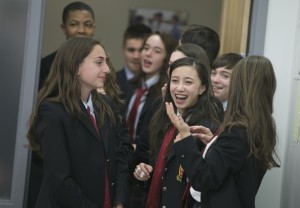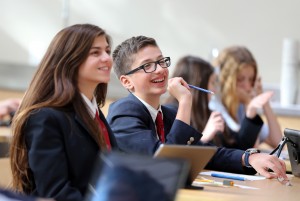 “Travel,” wrote Mark Twain, “is fatal to prejudice, bigotry, and narrow-mindedness”. Even ancient thinkers realized the value of travel as the best way to build respect for others and identify the inherent value of cultural difference. Theologian and philosopher St. Augustine stated in the 4th century that: “The world is a book and those who do not travel read only one page.”
“Travel,” wrote Mark Twain, “is fatal to prejudice, bigotry, and narrow-mindedness”. Even ancient thinkers realized the value of travel as the best way to build respect for others and identify the inherent value of cultural difference. Theologian and philosopher St. Augustine stated in the 4th century that: “The world is a book and those who do not travel read only one page.”
Indeed, travel Is about experience. It doesn’t just help one to imagine a place – it is about feeling a place, it’s culture and rhythms. Inherently, this challenges norms and routines and broadens perspectives and one’s limited understanding of the world.
Travel allows people to visit places of heritage, historical significance, places with unique cultures vastly different from one’s own. The impact of experiences lived abroad can be very lasting.
At the time of a journey, one is caught up in the immediacy of doing – it’s only afterward that one has a chance to interpret it, put it into a greater context, and fully appreciate it.
So many of our students were fortunate to travel over the recent March Break. In the process, every student who went away had a unique opportunity to learn and grow. The school organized three memorable trips.
Fifty-five (55) members of the LCC Senior Band journeyed to Cuba. They were able to perform in a unique setting and gained a better appreciation of Cuban culture, the country’s communist political system, and the deeply alluring Latin rhythms engrained in Cuban life. Our music teachers are very well travelled and they rank this trip among the very best they have ever participated in with a group of music students. They were proud of our students!
Our Senior Hockey team went on its bi-annual trip to Europe – this year to Croatia, Slovenia and Italy. Coach LLano has long said that each and every one of these journeys is more of an opportunity to expose students to old-world cultures than about simply competing to win on the rink. Yes, the hockey was fun and went well, but the boys gained important exposure to new cultures and communities and they each have many lasting memories.
This year’s Duke of Edinburgh Gold Trip took more than twenty students to beautiful Morocco in West Africa. The group gained insights into Arab culture, visited the mysterious “Souks” of Fez and Marrakesh, and trekked the beautiful snow-covered Atlas mountains. Faculty leaders Mr. Salkeld, Ms. Owen and Monsieur Maurice were very proud to travel with our students – many of whom had to physically push themselves hard while on the multi-day hike in the mountains. So much was learned while away.
At Tuesday’s assembly I asked each of our students who was fortunate to go away on the break to be sure to think and reflect on what was seen and experienced. The many memorable experiences will take awhile to sink in.
Regarding the importance of travel, Mark Twain also said:
“Twenty years from now you will be more disappointed by the things you didn’t do than by what you did do. So throw off the bowlines, sail away from the safe harbor. Catch the trade winds in your sails. Explore. Dream. Discover.”
I agree with Twain. Travel is the greatest teacher – a wise and savvy teacher. We want our students to open their eyes, hearts and perspectives though meaningful experiences. These are critical to their personal growth and development. – Chris Shannon, Headmaster




